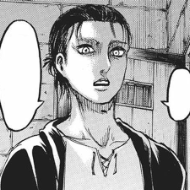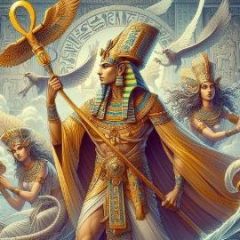-
Popular Topics
-
Topics
-
Recent Status Updates
-
Options
Options
-
server feels so unplayable if ur not part of the 7 different community discord servers and vc every day and actively chat in the discord server wtf?
-
Tried to play tonight and found out I got a two-month ban back in March for making fun of degenerates (wheelers) on the forums with an edited version of the "kill, behead, roundhouse kick" copypasta. Moderation in this server is a joke, and actively protects these predators. I'm done with this cesspool.
-
what are some quirks, fun facts, or other things your character has/can do that you never get to share or emote in rp?
No Recent Status Updates -
Options




.thumb.gif.223e5ae3ed4877b172c229b54624aff1.gif)








Recommended Posts